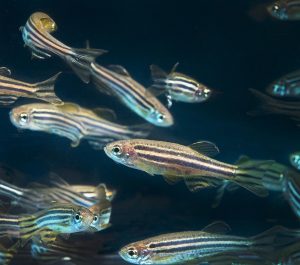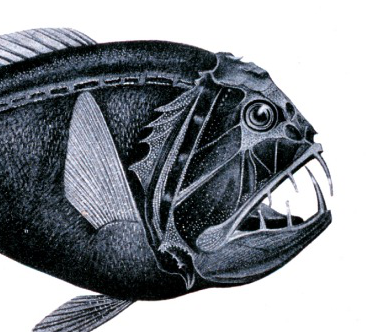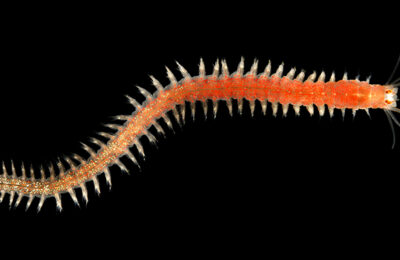Article: Thörnqvist, P. O., McCarrick, S., Ericsson, M., Roman, E., & Winberg, S. (2019). Bold zebrafish (Danio rerio) express higher levels of delta opioid and dopamine D2 receptors in the brain compared to shy fish. Behavioural brain research, 359, 927-934. DOI: 10.1016/j.bbr.2018.06.017
Anyone who has ever taken a personality test knows that such quizzes are filled with questions like, “Are you shy?” or “Do you like exploring new places?” These questions are meant to deduce a personality type from any human experience. However, many people may not realize that other species also have different personality types! As it turns out, fish are among them. Some fish can be adventurous, while others prefer nothing to hiding in their corner.
According to a recent study, fish personality traits can be attributed to differences in brain structure among individual fish. A team of scientists from Uppsala University in Uppsala, Sweden, studied differences in the brains of bold and shy zebrafish, a tropical fish species often used in research. But fish cannot be asked to take a personality test, so how is it even possible to discriminate between bold and shy fish individuals?
To answer this question, the Uppsala university research team studied the zebrafish behavior, using a novel tank diving test. This behavioral experiment relies on the tendency of zebrafish to dive towards the bottom when placed in a new tank and then to gradually venture out towards the top of their new home once they settle in and become more adventurous. Bold fish tend to spend more time exploring the top of the tank than their shy counterparts.

The scientists recorded movements of individual fish in the tanks. They then measured the amount of time that each fish spent either in the top or the bottom part of the tank. The resulting scores revealed a group of “bold”, or high risk-taking fish who spent most of their time exploring, and a group of “shy”, or low risk-taking fish who chose to keep hiding at the bottom.
It’s all in the brain:
To see whether these high or low risk-taking behaviors were rooted in the differences in brain composition, the scientists studied the genes that were active in the brains of bold and shy fish. They looked for and counted the various genes to see which may be responsible for personality differences.
The authors found that the bold and shy fish had different neurotransmitter activity in their brains. A neurotransmitter is a chemical substance that nerve cells use to communicate with eachother. The brains of the more exploratory fish had a more efficient system for communication through dopamine, a neurotransmitter that is important in movement and risk-taking behavior.

On top of that, the braver fish had a better opioid signaling system in their brains. Naturally occurring opioid neurotransmitters are suspected to regulate anxiety and emotional response. It is possible that the bottom-dwelling fish from the study felt too anxious to explore their novel tanks. If so, opioid signaling may be involved in mediating anxiety in zebrafish.
Dangers of recklessness:
When it comes to aquatic species, bold and shy behaviors are not limited to zebrafish. Many other fish species have these personality traits as well. But why is it important to learn more about risk-taking choices in fish?
Risk-taking is a key personality trait, as it can predict the likelihood of survival. Fish that engage in more foraging activities can find more food but may also be spotted and eaten by a predator.
This exploratory fish behavior can be affected by the ongoing ocean acidification. When raised in acidic water, larvae of clownfish and damselfish became more attracted to predator smells and as a result suffered from abnormally high mortality rates. Such increase in reckless behavior may further threaten the survival of fish species in the changing ocean. Understanding fish behavior in the changing ocean conditions is important for our efforts to conserve fish species.
I am a PhD candidate at Northeastern University in Boston. I study regeneration of the nervous system in water salamanders called axolotls. In my free time, I like to read science fiction, bake, go on walks around Boston, and dig up cool science articles.



